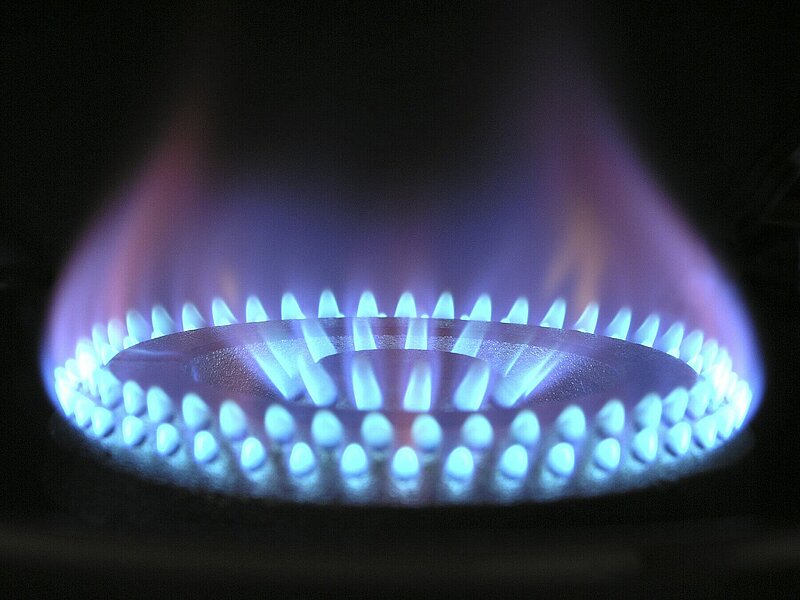
Research team from the Hertie School’s Centre for Sustainability finds that households, industry and power stations reduced their gas consumption by about a quarter in second half of year.
Berlin, 26 April 2023. Natural gas consumption in Germany decreased significantly during the 2022 energy crisis, according to a study by the Hertie School’s Centre for Sustainability. Across private households, industry and power stations, gas consumption fell by an extraordinary 23 percent in the second half of 2022, the report co-authored by Dr Oliver Ruhnau, Clemens Stiewe, Jarusch Müßel and Prof. Lion Hirth shows. The researchers showed that the gas savings were not a one-off weather effect, but the result of a fundamental change in consumer behaviour.
Small consumers, industry and power stations made big savings
“Germany reduced its gas consumption by almost a quarter compared to the previous year. That is a fundamental shift and much more than most experts, including ourselves, expected at the beginning of the crisis,” lead-author Oliver Ruhnau puts the results into perspective.
The findings also shed light on the individual consumption of small consumers, industry and power stations. Against the backdrop of Russian gas supply freezes and the ensuing energy crisis, energy savings among industrial consumers increased from four percent in September 2021 to 30 percent in December 2022. Gas savings in the power sector were more volatile and not only driven by reduced Russian gas supply, the researchers find. “For small consumers, including households and small enterprises, savings peaked in September 2022 at 28 percent and remained high throughout the winter,” co-researcher Clemens Stiewe summarises.
Policy advice: Market prices could incentivise saving behaviour
The authors highlight the implications of these findings for public policy. “Market prices appear to be an effective means of coordinating and incentivising demand reductions,” says co-author Lion Hirth, Professor of Energy Policy. At the same time, he stresses the need for intelligently designed policy instruments. “Support policies and relief packages are needed to cushion hardship but should be designed in a way that they keep gas saving incentives intact,” Hirth adds.
Method and background
The study uses a multiple regression model that controls for external factors such as weather, general economic development, seasonality and other factors. The peer-reviewed study represents the extended and revised analysis of a pre-printed version published earlier in December last year. It now covers data up to the end of 2022. The study was conducted as part of the ARIADNE research project, which analyses policy measures to achieve the climate change mitigation goals established in the Paris Agreement.
The full text of the paper is available at
The Hertie School is not responsible for any content linked or referred to from these pages. Views expressed by the author/interviewee may not necessarily reflect the views and values of the Hertie School.
About the Hertie School
The Hertie School in Berlin prepares exceptional students for leadership positions in government, business, and civil society. The school offers master’s programmes, executive education and doctoral programmes, distinguished by interdisciplinary and practice-oriented teaching, as well as outstanding research. Its extensive international network positions it as an ambassador of good governance, characterised by public debate and engagement. The school was founded in 2004 by the Hertie Foundation, which remains its major funder. The Hertie School is accredited by the state and the German Science Council. www.hertie-school.org
Contact
-
Alina Zurmühlen, Editorial Lead & Press Officer
